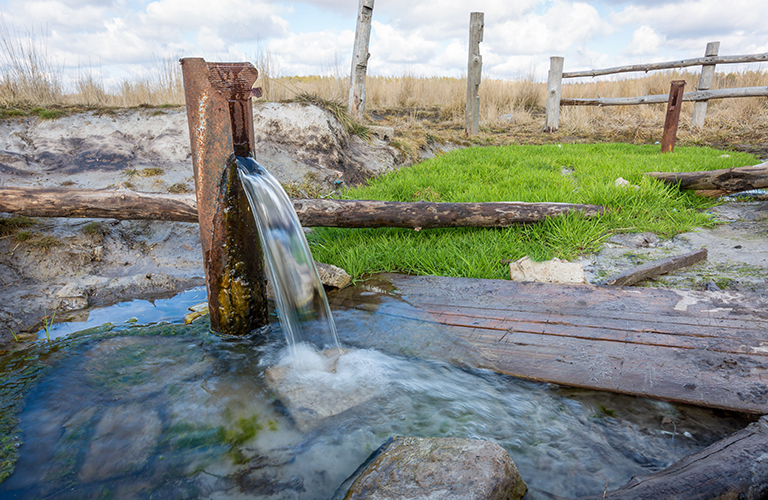
On March 23, the District Court for the Eastern District of Virginia held that Dominion Power’s discharge of pollutants via a groundwater pathway was in violation of the Federal Clean Water Act (CWA). Sierra Club had filed a citizen suit against Dominion, arguing that discharges from coal ash ponds and related facilities were discharging pollutants including arsenic via groundwater to the Elizabeth River.
The decision is notable in that prior to the March 23 decision, very few courts had considered the issue of authority under the CWA to address discharges to groundwater. Generally, EPA and state agencies have not sought to enforce CWA discharge prohibitions involving groundwater-related discharges under the CWA, due to longstanding interpretations that the statute regulates discharges to surface water. Several environmental advocacy groups have brought suits, sometimes successfully, arguing the groundwater connection to a surface water is within CWA jurisdiction for the purpose of discharge prohibition liability.
To read the entire article, please click here.


The new regulations are due to take effect 60 days after publication, but critics in Congress have vowed to block them, and opponents have said they are planning litigation to challenge many of their provisions. Duke Energy may have been hauled into federal court and smacked with a $102-million penalty for polluting North Carolina rivers with potentially toxic coal ash, but that didn’t do much for the tainted well water at Barbara Morales’ house.